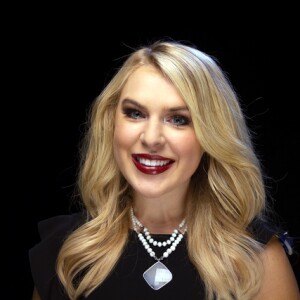BOISE — There's no set timeline for how long the nation will grapple with covid-19 and the aftermath, but telehealth will be crucial.
"One of the things that has been, if there are any benefits, is our delivery of remote healthcare of telehealth," said Governor Little at last Thursday's press conference.
Health officials say the security of digital platforms used for telehealth will improve in the future. Certain exceptions were to expand care during the pandemic.
"Platforms that are more like on your phone that aren't necessarily compliant with requirements for security or privacy," said Dr. Amy Khan with Regence BlueShield of Idaho,
"But I think what will change is we see more and more practices in healthcare systems secure those HIPPA compliant platforms that then would assure that it is private and secure in terms of transmission," said Dr. Amy Khan with Regence BlueShield of Idaho.
Its possible telehealth will be the dominant practice in some areas.
"Some specialties will get that done, for counseling, it's clear we can do that, it can be the primary most effective costieffective thing do," said Dr. Ron Larsen with Optum,
"Interestingly enough, dermatology works well that way."
Delivery of telehealth will likely get even easier after establishing secure platforms.
"We'll actually be using more of our devices to do more health monitoring to be able to access more information more seamlessly and kind of be like the doctor in our pocket, of course, with the input of our trusted clinicians who will be guiding that care," said Khan.
Specialists only work in a handful of areas across Idaho. Group telehealth arrangements could also occur more for getting a second opinion on health issues.
"My doctor, when we got done said, 'man we ought to do that more often' because it's putting two doctors heads together," said Larsen.
In-person visits will likely never go away, but officials say telehealth will only expand.
"Our children and grandchildren will adopt this because they'll ask 'you mean you used to go and sit at an office? Why did you do that?'" said Larsen,
"But its also important for relationships, contact, and communication between a provider and a family, because some things are still best done in a doctor's office," said Larsen.




